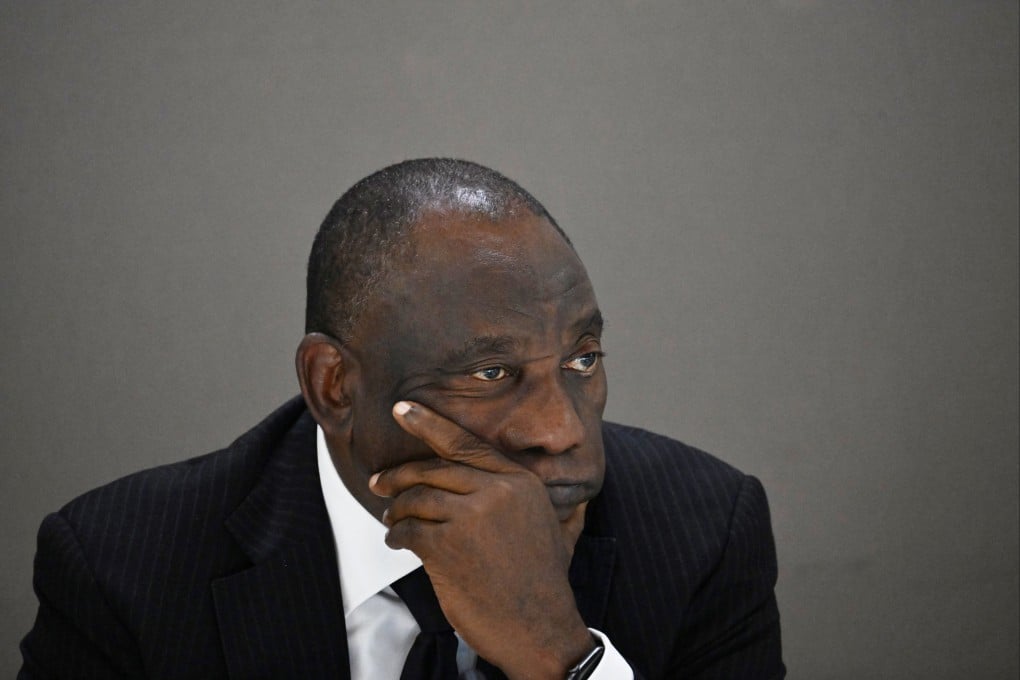Advertisement
Opinion | Can Brics, torch-bearer for the emerging world, challenge the established order?
- South African leader Ramaphosa’s jarring remarks at a Paris-hosted summit reflect a growing view that emerging economies no longer depend on the West for solutions
- Instead, hopes are being pinned on Brazil, Russia, India, China and South Africa, and their coming summit. Will the bloc seize the opportunity or squander it?
Reading Time:4 minutes
Why you can trust SCMP
3

At the Summit for a New Global Financing Pact in Paris, South Africa’s leader raised the heat on the West. With the gaze of the host, French President Emmanuel Macron, squarely on him, President Cyril Ramaphosa used his remarks at the closing ceremony to first address his Brazilian counterpart. He said with a grin: “President Lula, don’t worry. When we have the Brics meeting, the issue of currency is top on the agenda, so we are going to discuss it.”
South Africa, host of the Brics summit for emerging economies next month, has invited at least 60 leaders – but reportedly not Macron, who has made it clear he would like to attend. In the world of diplomacy, often scripted and cordial, Ramaphosa’s behaviour was akin to a slap at the Oscars.
Macron had been effectively and publicly sidelined. His objective, to have the West lead in areas such as sustainability and green finance, was derailed. Increasingly, nations no longer bet on the West to solve their problems, looking instead to Brics –Brazil, Russia, India, China and South Africa. Will the bloc seize the opportunity or squander it?
For a start, the grouping has to figure out how to operate in a sanctioned world, where the West is increasingly becoming off-limits to nations such as China and Russia. But with at least 22 heads of s–tate expected to attend its summit, and over 40 nations interested in joining Brics, including Saudi Arabia, Bangladesh, Indonesia, Egypt and Argentina, the grouping could soon have new power and positioning.
Beyond a bandied-about “Brics currency” which may or may not materialise, a more immediate win would be to establish reserves for an extended BRICS+ group, for everything from semiconductors to agricultural goods – starting with oil.
The bloc could introduce BRICS+ oil reserves, which nations like Russia, Saudi Arabia and Iran supply, and the rest of Brics can buy from, possibly in national currencies. This would be similar to Japan’s proposed global gas reserve system to deal with energy crises.
Advertisement
